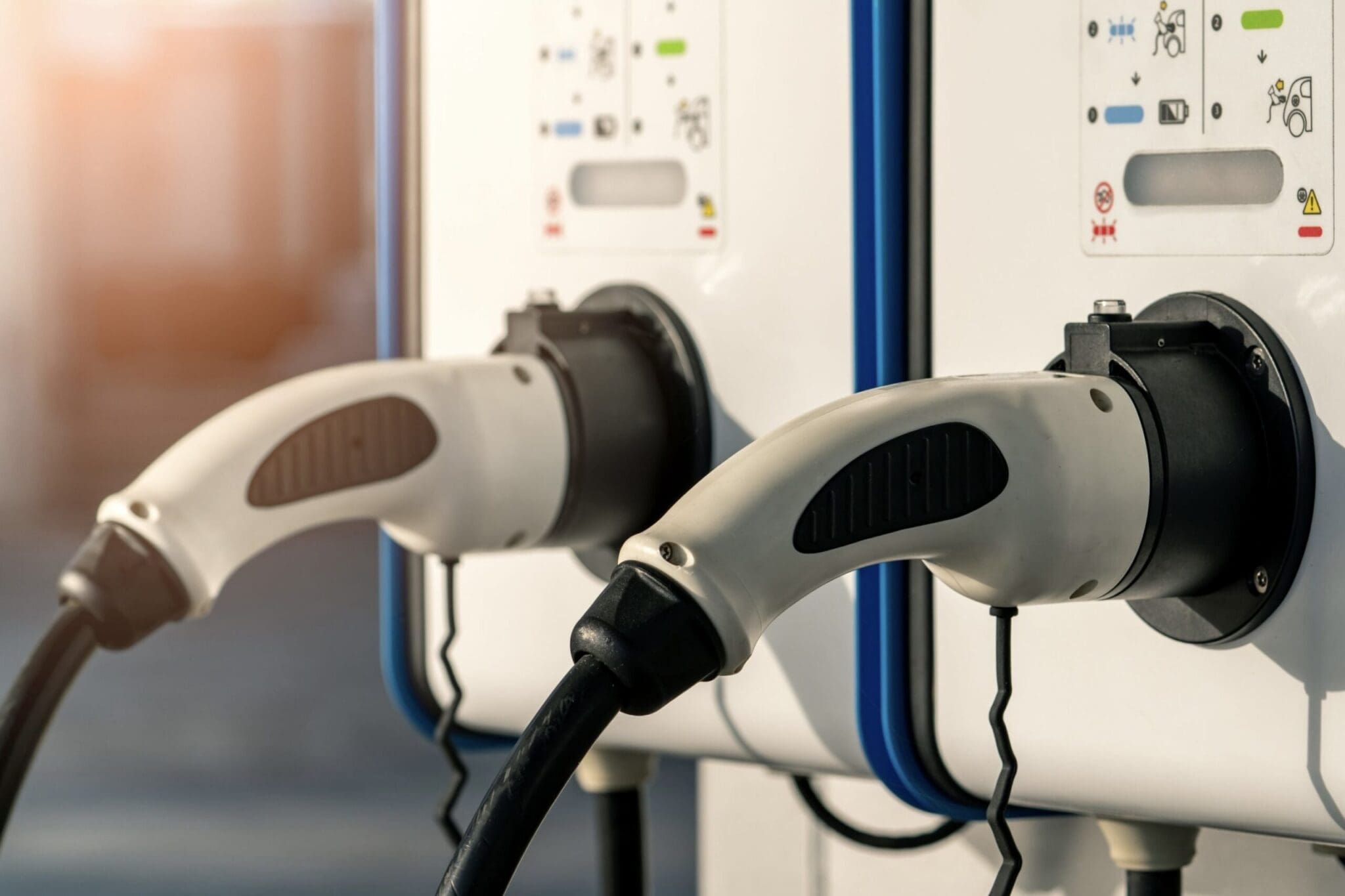
SoCalGas also pledged to install EV chargers at 67 company facilities by the end of 2024 for 1,500 new chargers over the next three years.
Currently, a third of SoCalGas’ fleet already operates on clean fuels and the company is on track with replacing 50% of its over-the-road fleet with alternative fuels by 2025 and operating a 100% zero-emissions fleet by 2035.
Sign up to receive our popular Get2DTLA Newsletter
“Today’s announcement is the latest example of SoCalGas making critical investments in the infrastructure that California will need to reach net-zero emissions by mid-century,” said Sandra Hrna, vice president of supply chain and operations support at SoCalGas. “Whether they’re powered by cutting edge batteries or hydrogen fuel cells, electric vehicles will be a big part of helping SoCalGas and California reach our shared climate and air quality goals. And thanks to our use of renewable electricity, the vehicles charged at most of these locations will be powered almost exclusively by solar and wind energy.”
“It’s no secret the transportation sector is the largest contributor of greenhouse gases in California,” said Assemblymember Miguel Santiago. “Electric vehicles will help reduce our state’s carbon footprint, and SoCalGas’ installation of EV chargers is one of many steps the utility is taking to help California decarbonize faster.”
“All of our customers will benefit from lower greenhouse gas emissions and cleaner air.”
SoCalGas is applying for SCE’s Charge Ready program, which provides assistance with installing electrical infrastructure for EV charging stations, said Lisa Cagnolatti, SCE senior vice president of customer service.
To help reach its goal of replacing 50% of its over-the-road fleet with clean fuel vehicles by 2025, SoCalGas recently purchased 50 Toyota Mirai hydrogen fuel cell vehicles (HFCEV), making SoCalGas among the first utilities in the nation to start transitioning to hydrogen-powered vehicles. And last year, SoCalGas converted 200 new Ford F-250 service pickup trucks to run on renewable natural gas.
The company plans to purchase Ford F-150 Lightning electric trucks to be serviced by the new chargers. A full charge on one of the trucks provides a driving range of up to 300 miles. Since fleet charging typically occurs overnight, employees can charge their personal vehicles during the day to support a clean commute.
![]()


















